Kenneth ALVIN Solomon
B.L.S., B.S., M.S., P.H.D., P.E., Post P.H.D.
Dr. Solomon has endeavored in independent Forensic Science research since 1971 addressing Accident Reconstruction, Biomechanics, and Human Factors as demonstrated by his more than 200 internationally distributed publications, reports, and presentations; and his 15 book co-authorships. In December of 1998 (after 22 years and 9 months of service), he retired as Senior Scientist with the RAND Corporation in the Department of Engineering and Applied Sciences. Additionally, he was on the faculty at the RAND Graduate School for 18 years and taught as an Adjunct Faculty at UCLA, USC, Naval Post-Graduate School, George Mason University, and The Orange County Sheriff's Academy. Dr. Solomon was a PSR (Professional Services Reserve) from 2000 to 2006 and a PSCR through July 2007 with the Orange County Sheriff-Coroner Department; and served as a Commissioner of Policing and Safety for the City of Calabasas (2000 to 2005). Additionally, he was a court-appointed Hearing Officer from 1995 through 2013.
He has taught courses in Risk Analyses (Forensic Sciences), Nuclear Physics, Applied Mathematics, Uncertainty Analyses, and Thermodynamics, served on numerous Ph.D. Dissertation and Master Thesis committees, was a Graduate School Accreditation Officer, and a Graduate School Admissions Committee Member.
Dr. Solomon has published peer reviewed papers and books in Transportation Accidents (automotive, trucks, motorcycles, bicycles); Industrial & Recreational Accidents (pressure vessels, rotating machinery, forklifts and cranes, exercise & recreational equipment, swimming pools, manufacturing and punch presses); slip-or trip-and-fall accidents; and adequacy of warnings.
Only 30% of his work is litigation support; of that, the distribution is about 65% to 70% Defense, 25% to 30% Plaintiff, and 5% jointly Plaintiff and Defense. He has successfully qualified in courtroom testimony nearly 2,400 times since 1971. The balance of his practice includes consultation to government, private companies, national laboratories, televised science documentaries as well as publishing.



